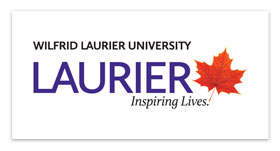Theoretical Framework
Digital technology is a part of every aspect of our lives--
business, finance, entertainment, communication, friendships, education, etc. Children in our schools are part of the digital generation who have never known life without the Internet and multimedia content.
The potential of technology supports a framework of learning skills that include communication, collaboration, creativity, and critical thinking.
In learning to teach children who are part of this digital world, teachers must address 21st century learning by harnessing the positive aspects of technology and assisting students to manage the consuming nature of digital technologies and Web 2.0 to emerging Web 4.0 applications.
In learning to teach children who are part of this digital world, teachers must address 21st century learning by harnessing the positive aspects of technology and assisting students to manage the consuming nature of digital technologies and Web 2.0 to emerging Web 4.0 applications.
Beginning teachers need to develop Technological Pedagogical Content Knowledge (TPACK, Mishra & Koehler, 2006) and then take risks, get messy, and try things out with support in terms of resources, both human and technical. Teachers need to understand the pedagogy that works best for the content they are teaching and how technology can support the most effective instructional and assessment strategies.
Our research suggests that the most effective integration of technology in teacher education will happen through appropriate modelling, learning with the technology across courses, and by working collaboratively with peers, faculty, and associate teachers. Dr. Mueller's Bring Your Own Associate Teacher initiative capitalizes on her research findings through collaborative construction of knowledge between student teachers and practicing teachers who are intrigued by the potential of digital technology in supporting learning.
Our research suggests that the most effective integration of technology in teacher education will happen through appropriate modelling, learning with the technology across courses, and by working collaboratively with peers, faculty, and associate teachers. Dr. Mueller's Bring Your Own Associate Teacher initiative capitalizes on her research findings through collaborative construction of knowledge between student teachers and practicing teachers who are intrigued by the potential of digital technology in supporting learning.


